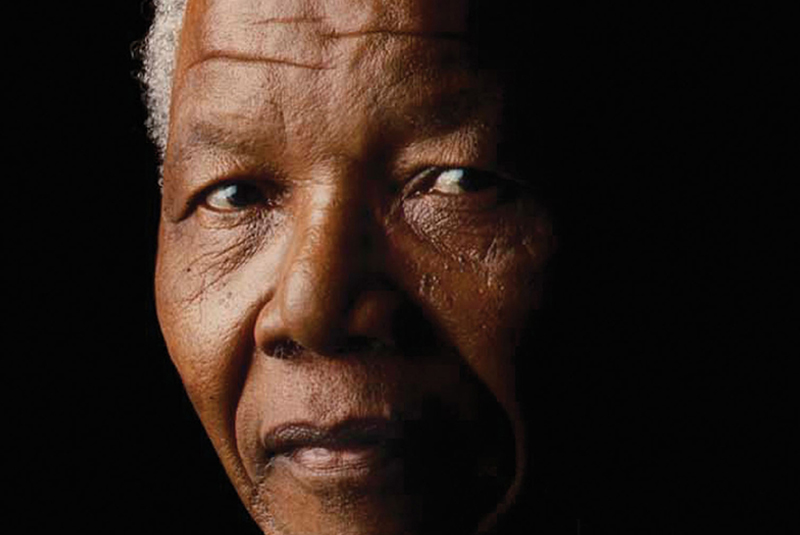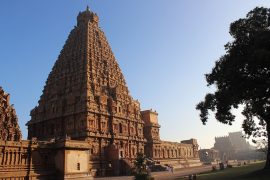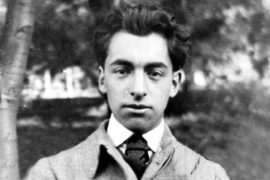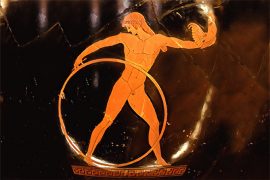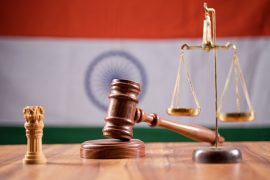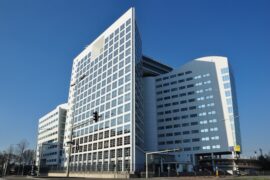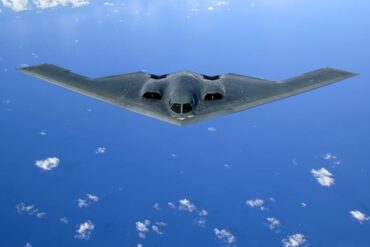Nelson Mandela remains a brilliant subject—a subject that is every biographer’s dream-come-true. His long life spanned the tribal rituals of rural Africa, the Anglicised tenets of the 1940s, the Gandhian ‘formula’ of anti-apartheid battles, a short guerrilla resistance, long imprisonment and, finally, power—power that brought majority rule to South Africa.
More than a mirror reflecting his own image, Mandela (1918-2013) was the symbol of South Africa’s anti-apartheid struggle. In the process, he was also his country’s most famous person—a name celebrated everywhere, including the portals of education, right from Mumbai to Michigan. His was also a life that underscored a new credo—that a country’s destiny can be shaped by a great man rather than by impersonal socio-economic policies. When Mandela walked free, after spending nearly three decades in prison, he was considered a messiah—a beacon of rapprochement, not intransigence.
Yet, it goes without saying, that, amidst such a jubilant milieu, Mandela’s persona also carried a paradox of sorts: a formidable, albeit an achievable task, juxtaposed by a promise difficult to fulfil in its totality. Because, Mandela, who had spent years behind bars, and away from the public eye, if not mind, was expected to ‘detox’ all the rancour of apartheid like a shaman absolving an obstinate disorder with medicinal herbs and potions? Well, the fact is, Mandela achieved all that—and, something more than what sceptics had visualised as possible. But, not without hiccups. This was inevitable—well, almost. Yet, the overall effect of his magnetic personality was enormous—a triumphant achievement.
-30-
Copyright©Madras Courier, All Rights Reserved. You may share using our article tools. Please don't cut articles from madrascourier.com and redistribute by email, post to the web, mobile phone or social media.Please send in your feed back and comments to [email protected]

